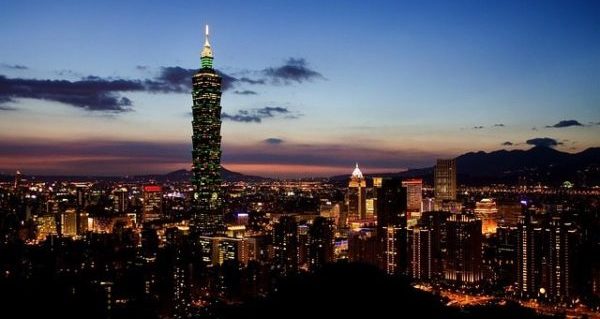 The next big trade hullabaloo in the topsy-turvy world of international trade is fermenting: which countries will be invited to join the second membership round of the Comprehensive and Progressive Agreement for Trans-Pacific Partnership (CPTPP).
The next big trade hullabaloo in the topsy-turvy world of international trade is fermenting: which countries will be invited to join the second membership round of the Comprehensive and Progressive Agreement for Trans-Pacific Partnership (CPTPP).
Taiwan’s application is a potential flashpoint.
The clumsily-named CPTPP rose from the ashes of the Trans-Pacific Partnership after the United States withdrew from TPP negotiations. A CPTPP deal has been struck with 11 countries on both sides of the Pacific, including Canada. CPTPP members generate 13.5 per cent of global gross domestic product with a population of 500 million.
Countries interested in joining include Taiwan, the Philippines, South Korea, Sri Lanka, Thailand and, yes, the United Kingdom. Even U.S. President Donald Trump is mulling rejoining.
With other trade threats on Canada’s horizon, the larger the trade areas to which we belong the better – something the U.K. is discovering. And this is particularly true for welcoming a country such as Taiwan, with its enviable reputation for playing by the rules.
From Canada’s viewpoint, other considerations – global security, freedom, human rights, democracy – support Taiwan’s case. With liberal democracies under stress at home and threatened by autocrats abroad, we should welcome an exemplary country like Taiwan into any club we can.
Yet the government of Taiwan is worried. To show good faith, Taiwan is already amending legislation to make it CPTPP-compatible. They feel vulnerable, despite being one of the world’s most economically successful countries.
It fears being caught in the crossfire of a Chinese-U.S. trade war. Many goods it sells to the world have components made in China, creating a vulnerability. The danger of a broader global trade war also threatens Taiwan – with a population of just 23.5 million it needs the world as its marketplace, as does Canada.
Many people don’t realize what a miracle Taiwan is and how badly it’s been treated by the democratic world.
Modern Taiwan was forged, in effect, by an invasion by the mainland’s defeated, corrupt, undemocratic regime of Chiang Kai-shek, along with two million refugees fleeing Mao Zedong’s victorious and vicious communists in 1949. Chiang and his mainland cronies established dominance over local Chinese and Taiwan’s indigenous people. Chiang and his son and successor, Chiang Ching-kuo, were autocratic and sometimes used force to suppress dissent, but they were worlds apart from the horrors of Mao, who executed and starved millions.
Across the strait, the people of Taiwan – in a long, complicated struggle, sometimes marked with violence – by fits and starts transformed their country into a true democracy.
Today, in democracy, individual liberty, economic freedom, rule of law, media freedom and lack of corruption, they ranks close to successful European liberal democracies such as the Netherlands, Ireland and Denmark, and Asian ones such as Japan and South Korea. Meanwhile, the mainland Communist Party becomes ever more repressive and shrugs off the rule of law in dealing with dissent and even commercial interests.
Yet Taiwan, the good actor, is recognized diplomatically by only a handful of mostly poor countries in Africa, Central America, the Caribbean and Pacific. Meanwhile, bad actor China bullies and bribes these countries to drop Taiwan in favour of China, with its latest success being Panama.
China claims Taiwan as a renegade province and refuses diplomatic relations with any country recognizing it. China seems to have set 2050 as a deadline for reunification and could move militarily before then. The more Taiwan is interlocked with other countries, through agreements such as the CPTPP, the costlier radical mainland action and the lower the likelihood of it.
Although Taiwan says most CPTPP members have reacted positively to its desire to join, China’s attitude may be a source of their concern about CPTPP. China blows hot and cold on Taiwan, sometimes pressing kindness and charm to lead to reunification and other times resorting to threats, insults and military shows of force to bend Taiwan to its will. It even bans movies with Taiwan stars who support Taiwan independence.
Should China so decide, it would be happy to intimidate and blackmail existing members of CPTPP to get its way on Taiwan, whichever way that is.
Canada should welcome Taiwan’s CPTPP membership for our own interests economically, for geopolitical reasons – the more integrated Taiwan is in the liberal democratic club, the less likely reunification can be effected though force or coercion – and as a matter of simple values.
Fred McMahon is a Fraser Institute resident fellow and holder of the Dr. Michael A. Walker Research Chair in Economic Freedom.
The views, opinions and positions expressed by columnists and contributors are the author’s alone. They do not inherently or expressly reflect the views, opinions and/or positions of our publication.
